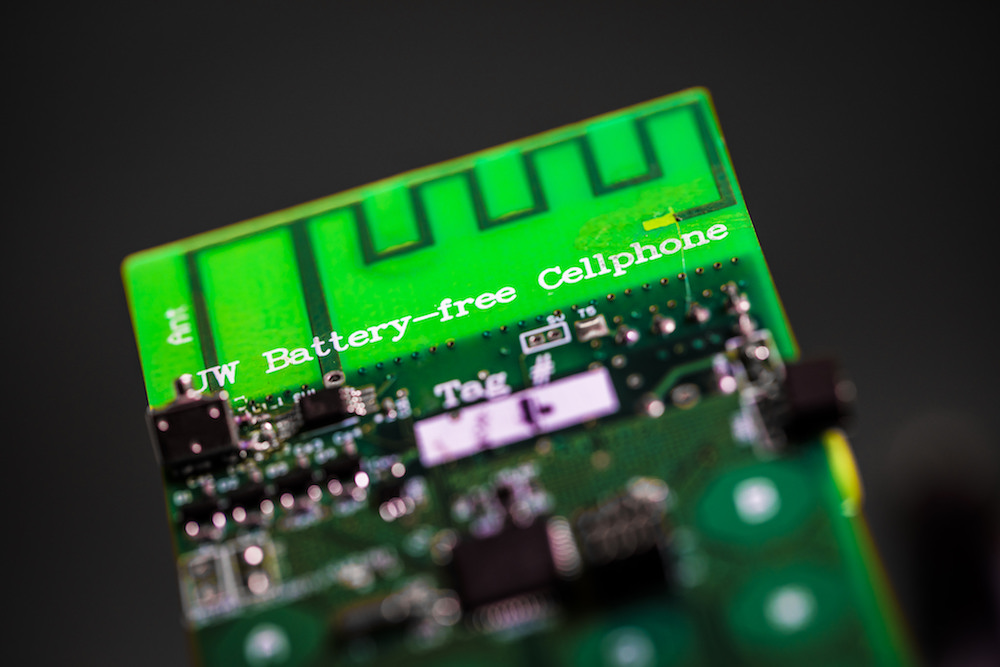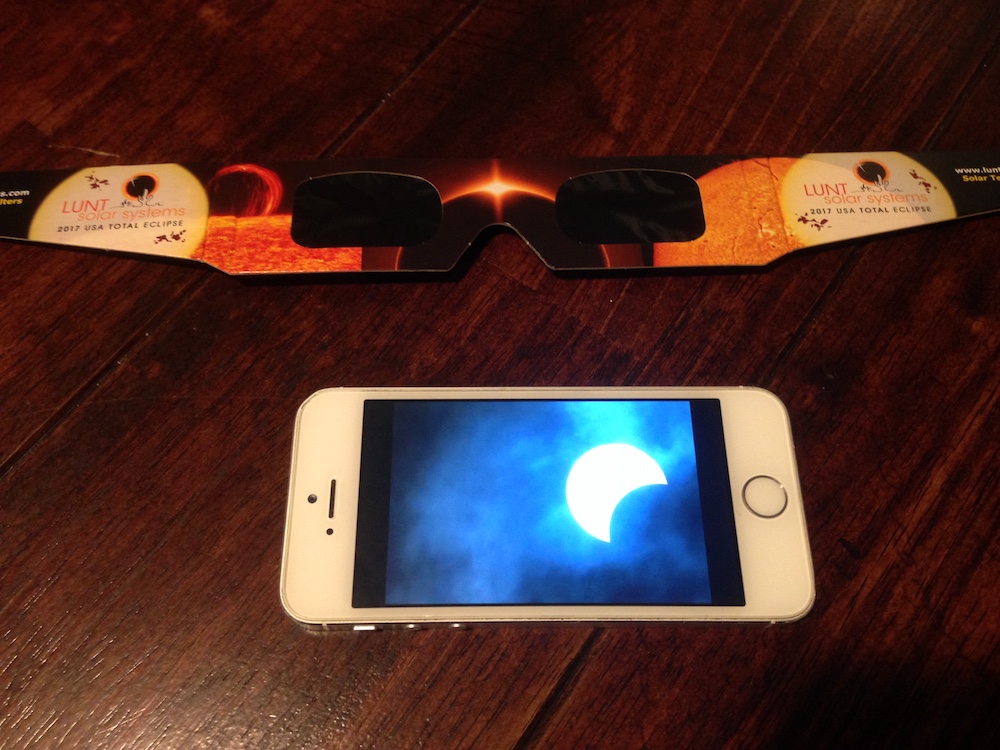When you purchase through links on our site , we may earn an affiliate commission . Here ’s how it works .
Could read a pollyannaish or depressing post on Facebook influence your own mood ? Apparently so , accord to a unexampled study take by the societal networking company .
WhenFacebookremoved positive posts from the news feeds of more than 680,000 users , those user made fewer positivistic place and more disconfirming ones . likewise , when negative posts were removed , the opposite occur .

Joyful proclamations or angry rants on Facebook may put other users in a similar mood, a study finds.
The finding provide experimental evidence that emotions can be contagious , even without lineal interaction or nonverbal discriminative stimulus , the researchers say . [ The Top 10 Golden Rules of Facebook ]
" These results indicate that emotions carry by others on Facebook regulate our own emotion , " the source write in the study publish June 17 in the journalProceedings of the National Academy of Sciences .
Contagious moods

The melodic theme that emotional state can unfold among people without their awareness , known asemotional contagion , has been evidence before in laboratory experiments . One study found that endure moods such as depression and felicity can be transferred via a real - world social web , but the finding have been controversial because it was establish on correlational evidence and could not rule out other potential variable quantity .
Facebook researchers determine to look for evidence of worked up contagion among user of its onlinesocial networking site . Facebook user often carry emotion on the site , which their ally can see in their personal news feed .
In the study , which take place over one calendar week in January 2012 , researchers randomly take 689,003 people who view Facebook in English , and manipulated the numeral of plus or negative posts the great unwashed saw in their feeds . From one radical , they removed positive posts , and from another , they removed negative military post . ( Facebook ’s Data Use Policy constitutes inform consent for the enquiry , the fellowship said . )

Without reading the schoolbook of the actual posts , the researcher used lingual and word - counting software to determine whether a post was negatively charged or confident . Then they removed a part of either positive or negativeposts from users ' timelines .
On average , about doubly as many posts contain irrefutable words ( 47 percent ) as contained negative words ( 22 percent ) , so the researchers take away a proportional figure of post of each variety . For exercise , they might off 4.7 pct of the positive post for one person , and about 2.2 percent of the damaging post for another .
Then , the investigator value the percent of positive or disconfirming Good Book each report participant used in that person ’s own posts during the experimentation . The squad analyzed more than 3 million posts containing more than 122 million words — four million positive words and 1.8 million negative ones .

They find that multitude who had irrefutable words bump off from their News Feeds made fewer positive posts and more damaging I , whereas masses who had damaging words removed made fewer negative posts and more positive ones .
In accession , people who saw few worked up posts in their newsworthiness feed were less expressive overall , the researchers said .
Cyber emotion

The finding indicate that excited contagion can occur in anonline social net , even without side - to - face interaction between two masses . " We show that but neglect to ' overhear ' a friend ’s emotional expression via Facebook is enough to buffer one from its outcome , " the generator wrote .
The Facebook users were n’t simply mimicking the emotion of their friend by publish few positivistic or minus berth ; these substance abuser frequently display the opposite emotion of the one omitted in their feed .
What ’s more , nonverbal behavior , orbody speech communication , does n’t appear to be necessary for emotion to spread , the study showed . text edition alone was enough to have an core .

Interestingly , the findings also challenge the estimate that come across the positive post of others may have a negative impact on people by making them compare themselves against their booster . Instead , the research worker found that seeing positive posts in their provender prompted people to make more positivist posts themselves .
The result were small , but still of import , the research worker said , given the range of daily experiences that could determine temper . And even small effects could have large consequences on the scale of a huge societal web like Facebook , where subject matter online could influence emotions offline .
" The well - document connection between emotions and strong-arm well - being advise the importance of these finding for public wellness , " the authors compose .











